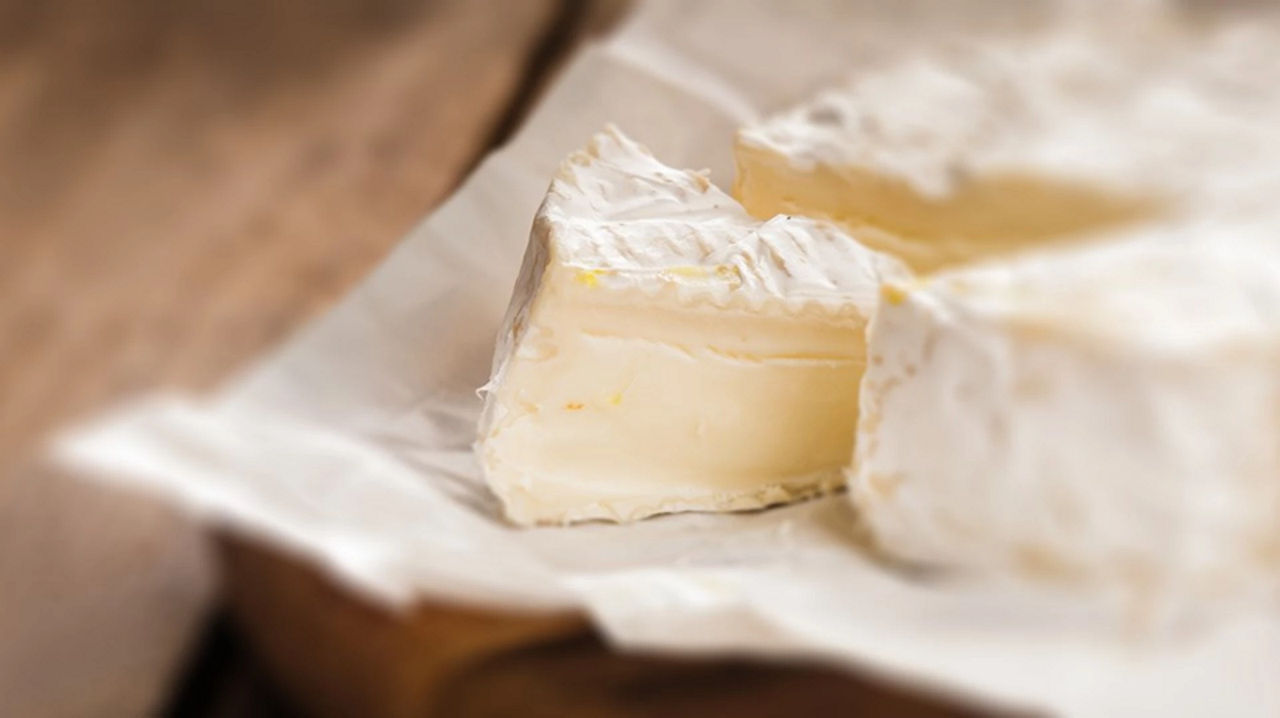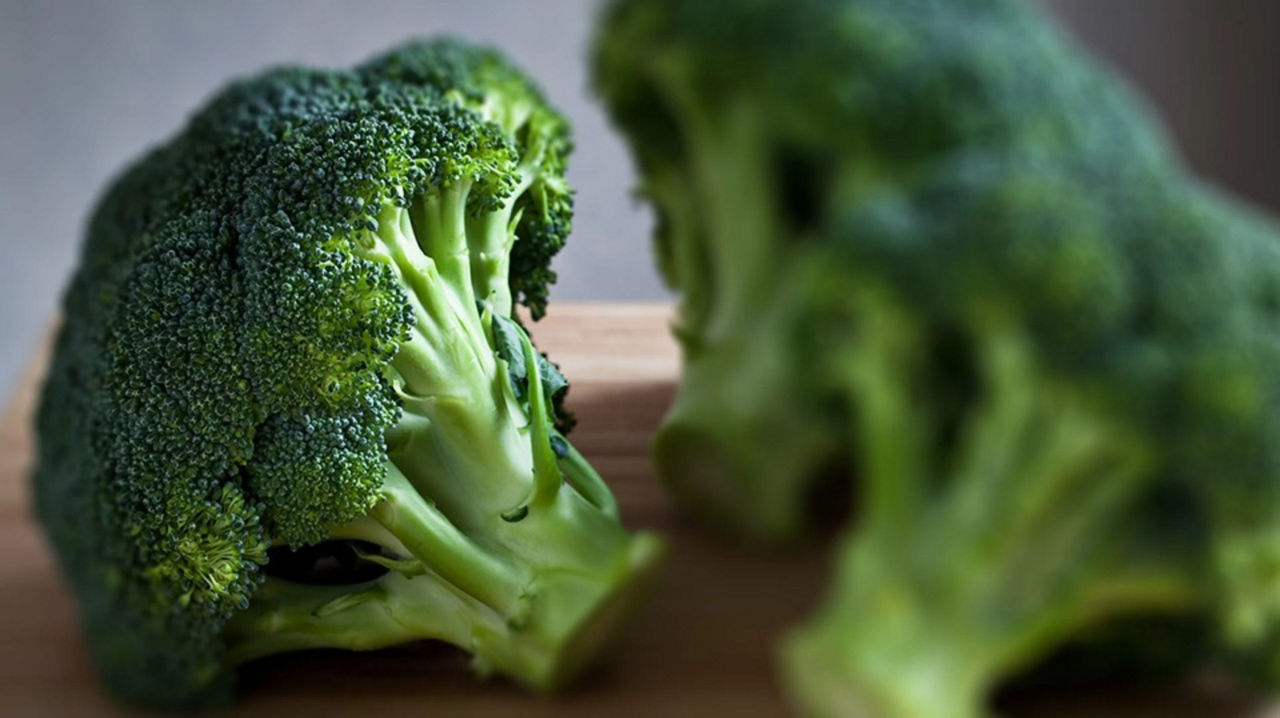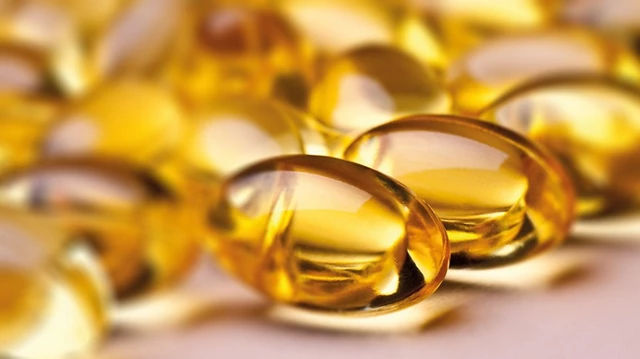Bye bye brie
What to limit and what to avoid completely
Nutrition and lifestyle choices can influence your chances of conceiving and your baby’s development once you do become pregnant. In fact, nutrition at this critical stage can also have an impact on your developing baby and their long-term health1.
For these reasons, you and your partner may wish to pay special attention to your conception diets, and find alternatives for the foods best avoided when trying to conceive.





